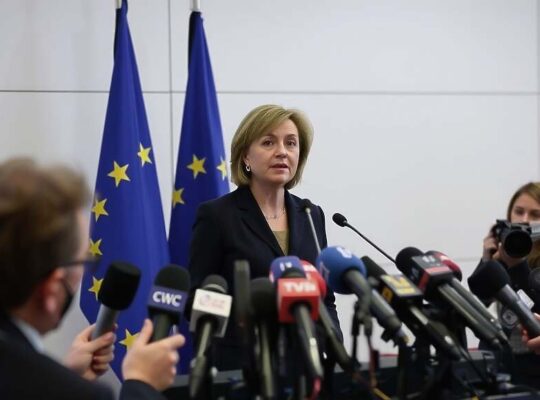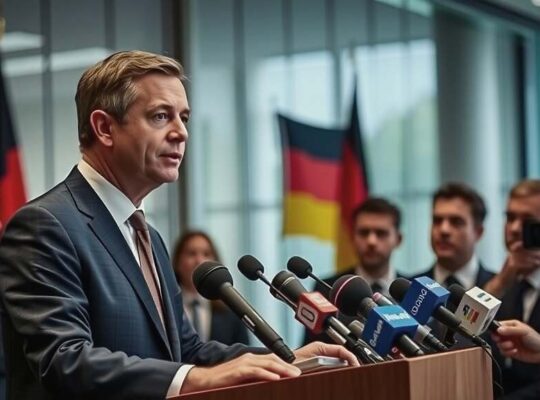The German Justice Minister, Stefanie Hubig of the SPD, has hailed Denmark’s recent departure from proposals mandating sweeping internet chat controls as a significant step towards a more palatable European solution. The shift, occurring during Denmark’s presidency of the Council of the European Union, signals a potential retreat from highly controversial measures intended to combat online child sexual abuse material.
Hubig underscored that the revised approach prioritizes encouraging voluntary reporting and disclosure by internet service providers, placing these actions on a “stable and durable foundation”. This move effectively sidesteps the prospect of state-mandated scanning of private communications, a feature that has drawn intense criticism from civil liberties groups and sparked considerable political friction within the EU.
While acknowledging the clear and pressing need to address the proliferation of online child abuse imagery, Hubig emphasized the German government’s commitment to balancing effective law enforcement with the safeguarding of fundamental citizen rights. The previous proposals, critics argued, risked transforming internet service providers into de facto intelligence agencies, raising profound questions about data privacy and potential overreach.
However, the reprieve from mandatory chat scanning hasn’t entirely resolved the complex issue. Hubig reaffirmed the German government’s resolve to aggressively tackle online child pornography, signaling that legislation mandating the retention of IP addresses will be introduced shortly. This move, ostensibly aimed at facilitating more effective investigations and prosecutions, continues to face scrutiny. Concerns remain about the potential for mission creep and the erosion of anonymity online, even if framed as a necessary component of safeguarding vulnerable children.
The diverging paths – rejecting compulsory chat monitoring while pushing for IP address retention – highlight a delicate balancing act. The German government now faces the challenge of demonstrating how the latter measure can be implemented in a manner that is both impactful and demonstrably protective of civil liberties, avoiding the very concerns that prompted the initial backlash against the broader surveillance proposals. The forthcoming legislative proposals will be subject to intense scrutiny, testing the government’s ability to navigate the increasingly fraught intersection of digital security and individual freedoms.












